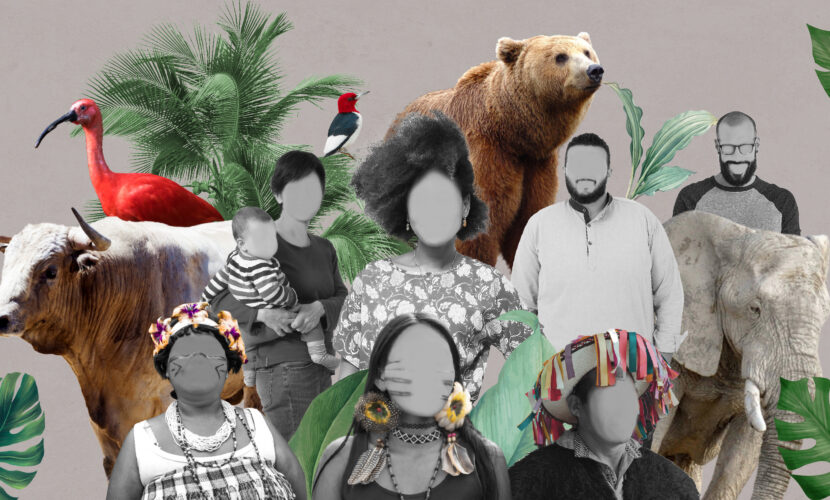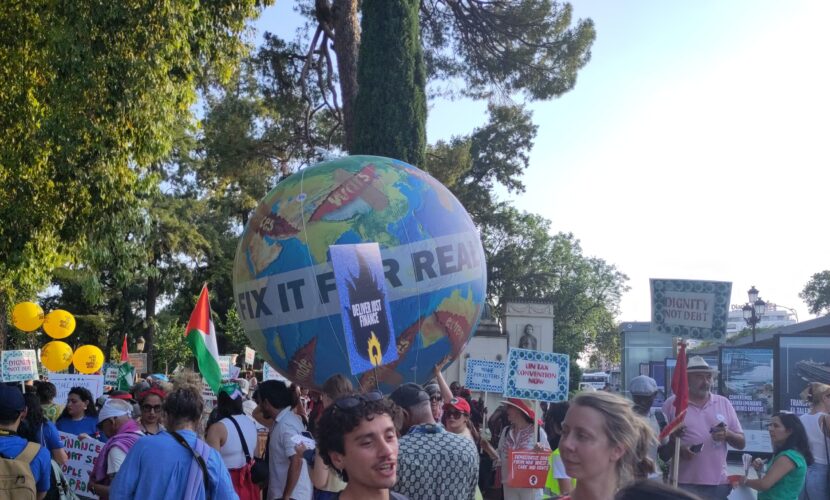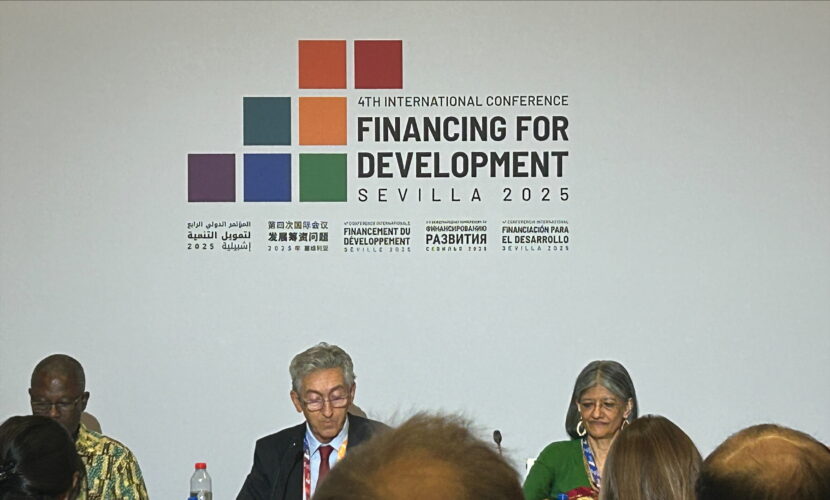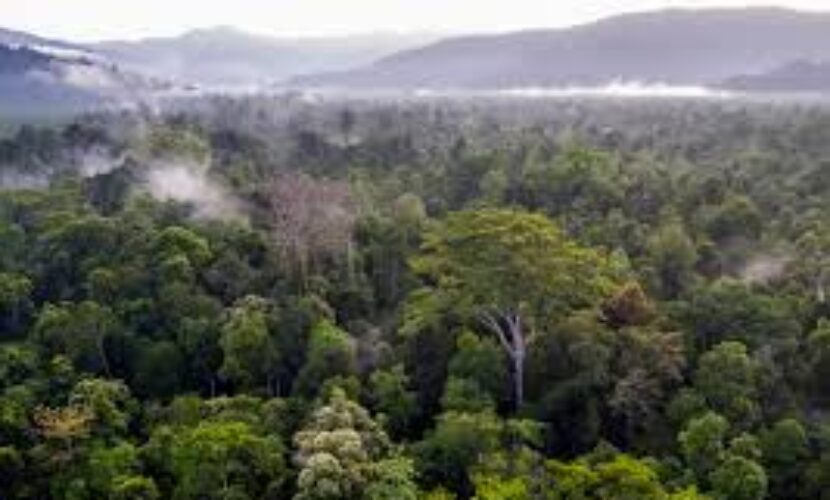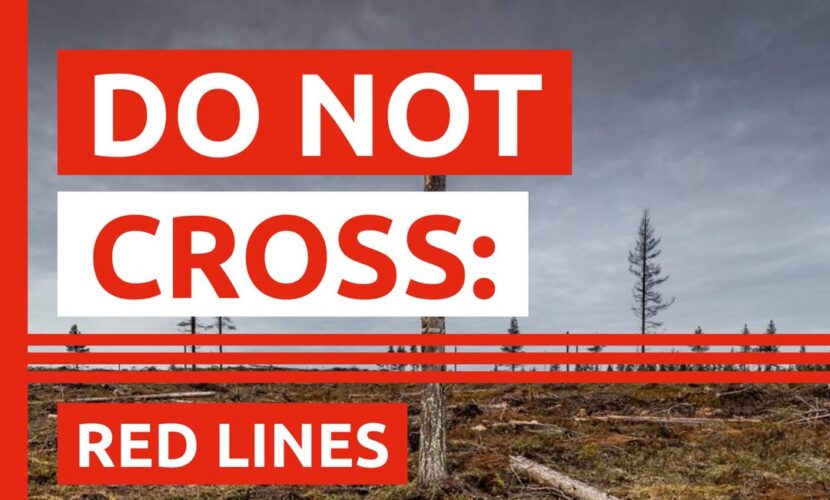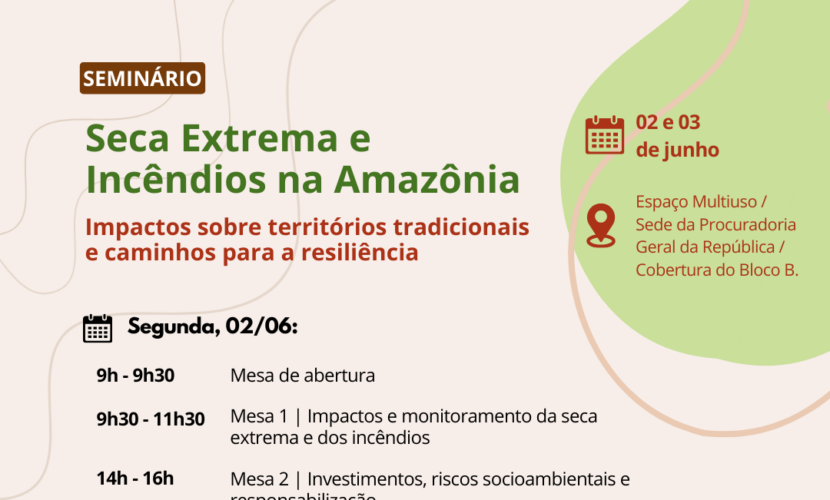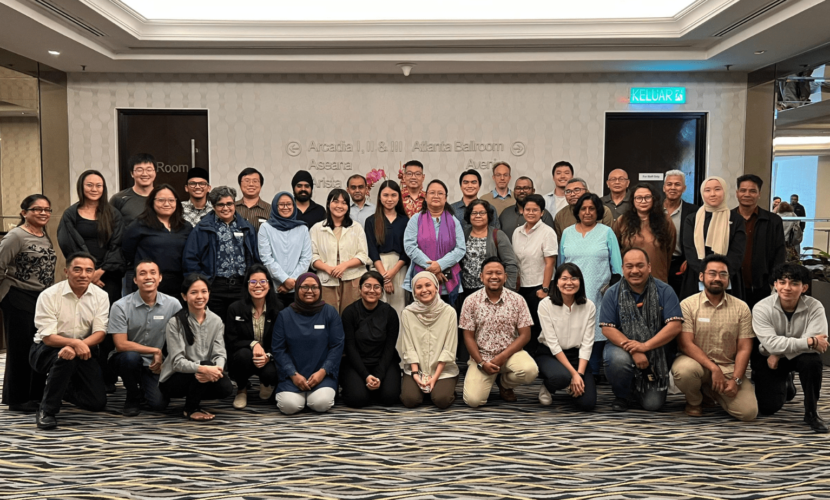Berita
Brazil excludes factory farming from its new sustainable bond framework
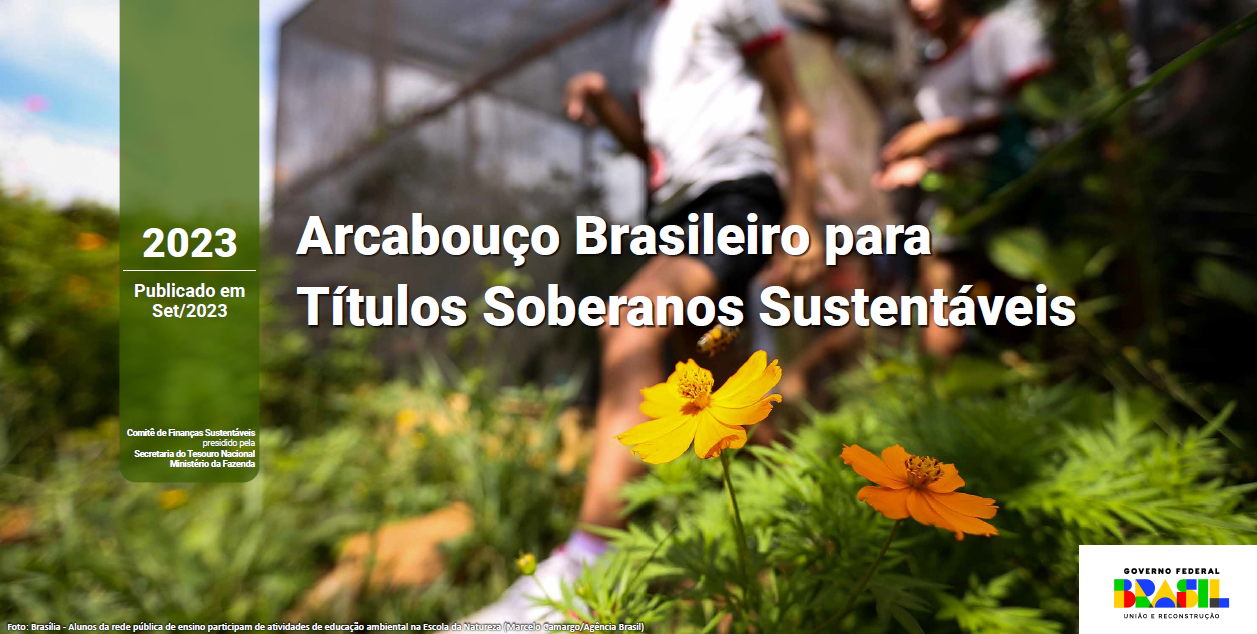
The Brazilian government’s first Sovereign Sustainable Bond Framework, launched earlier this month, now allows the country to issue green, social and sustainability bonds. The capital raised can be used for programs and projects that are aligned with the SDGs and the criteria defined by the Framework. Key focus areas include climate change mitigation and adaptation, the elimination of deforestation, fighting hunger and sustainable food systems.The framework notes that in 2020, 38% of Brazil’s greenhouse gas (GHG) emissions were from the land use and land use change and another 29% from the agriculture and livestock sector.
The livestock sector is a very significant contributor to both deforestation and climate change. Imazon estimates that it drives around 90% of all deforestation in the Amazon and that livestock in the Amazon is responsible for 44% of Brazil’s GHG emissions. But while the industry generally tries to address this with technical solutions and proposals to intensify production, the decision to exclude industrial scale livestock from Brazil’s bond framework suggests that this approach is not considered sustainable by the Brazilian government.
In its second opinion, Sustainalytics notes that “the Issuer has confirmed that projects related to industrial-scale meat production and industrial-scale livestock management will be excluded under the Framework.” The framework also explicitly excludes support for animal waste treatment projects when such waste comes from confined animals or from any type of industrial scale livestock production. Furthermore it prohibits support for projects aimed at addressing water shortages in the agricultural sector, when these involve the industrial scale production of animals.
This exclusion is in line with scientific reports, such as by IPBES (2018 and 2019), IPCC (2018 and 2019), Dasgupta, Chatham House and Eat Lancet, that have, for years, been warning about the oversized impact of the industrial-scale production of livestock, and the need to reduce it in order to mitigate climate change and reduce biodiversity loss.
